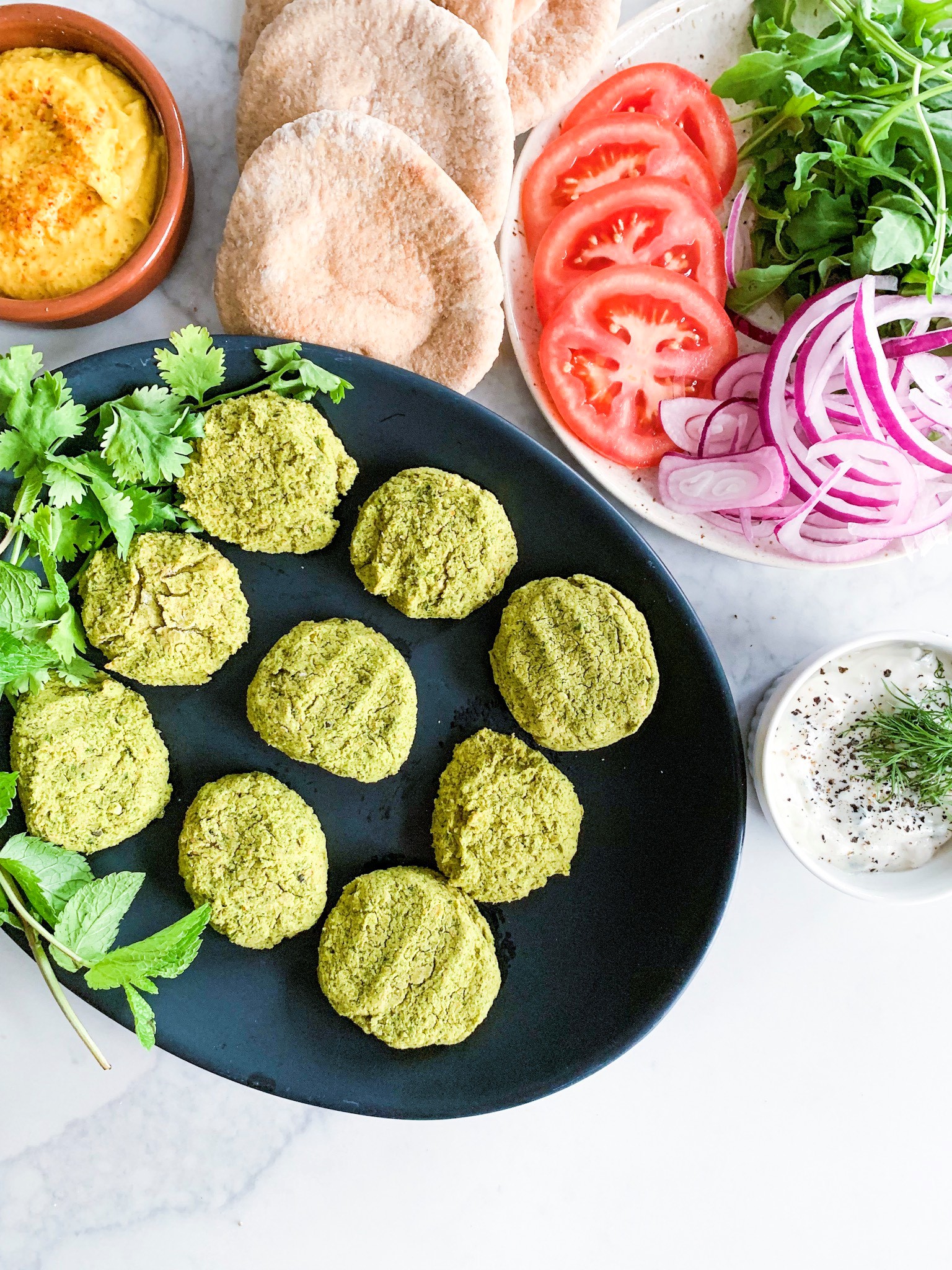
We have come up with 10 tips to help you cook smart
- Write a shopping list
Create a weekly meal plan and waste nothing. Know your kitchen, know what’s in your fridge, freezer and pantry and plan your meals using up ingredients you already have and make sure that all ingredients on your list get used. You may find you’ve got enough ingredients to make a meal and avoid buying what you already have. Be strict about buying only what you’ll actually eat and do not shop hungry as you’re likely to spend more on unhealthy foods. Remember if you buy it, you find a way to eat it.
- Keep a well-kept pantry
Ensure things like flour, sugar, pasta and other dry goods are transferred to a wide-mouth airtight container. This helps keep items fresh and if you don’t use these items on a daily basis, note the purchase date on the containers. This also makes it easier to scoop with measuring tools and will cut down on prep time. Be sure to keep these pantry staples in a low-humidity environment.
- Meal prep / Eat leftovers for lunch
We are big advocates on preparing meals in advanced especially for lunches. Having a full time job sometimes means you are too tired to make dinner and lunch for the next day after work. Choose 1 meal to make on Sundays which will give you at least 2-3 lunches for the week. Choose meals such as zucchini spaghetti & meat balls, Chicken taco bowls, sheet pan salmon and veg, etc, things that are quick to make, budget friendly and taste delicious. Think in 2 portions, we also recommend cooking extra portions of your dinner so that you have the leftovers for lunch the next day.
- Cook with a variety of proteins
Budget friendly proteins can include beans, lentils and peas. These are low in calories and fat and are packed with fibre and vitamins. Buying cheaper cuts of meat can also be a great way to save money. Certain meats might take a little more time for cooking but slow cooking the meat will gradually break down the fibres in cheaper cuts giving it great taste at a lower cost. Don’t be afraid to shop the sales, buy chicken thighs, and switch out salmon for trout for example is another way to save or buying basa instead of haddock.
- Freeze leftover bread
Being a health conscious household means we do not eat a lot of bread and bread is one of the most wasted food products. By freezing portions of bread when it’s at its freshest in an airtight container or freezer bag will help keep the bread and you won’t have to buy it as often.
- Have at least 10 recipes in your back pocket
You should have at least 10 recipes you know how to make by heart in under 30 minutes for which you can swap ingredients based on what you have at home without having to go to the store.
- It probably needs salt
The small amount of salt you use at home does not compare to what you would get at a restaurant or in prepacked food. If it tastes OK but not great you probably need salt, a little dash can often save a dish.
- Buy fresh herbs
Green herbs should be purchased fresh not dry. Buy fresh basil, parsley, cilantro, thyme or chives and keep them in your fridge. Fresh herbs are cheap and available almost anywhere and can elevate any dish.
- Don’t be too hard on yourself.
Don’t get overly ambitious right off the bat, ease into cooking, start by cooking easy simple recipes rather than getting overwhelmed.
- Use your oven efficiently!
Cut your cooking costs and maximize your oven’s efficiency. Make the most of your oven and multitask more than one thing in the oven. Cook your vegetables alongside your meat or throw desert in while dinner is cooking. Try to resist the urge to peek and open the oven door since you will lose approximately 25 degrees in doing so, stick to your timer, your nose to help tell you when it’s ready or the oven light. Keep your oven clean as this will direct the heat at your food and not the burn stuff caked on the bottom. Try not to use foil to line your racks as this stops the air from flowing freely in the oven and makes the oven less efficient. Turning the oven off early is also another great way to cut costs and you can use the residual heat from the oven to finish your meal. Lastly, you should also know which rack to use and not be afraid to move them around.
- Top rack: meant for high temperature and quick cooking
- Middle rack: moderate temperature cooking where you will do most of your cooking
- Bottom rack: slow cooking and low temperature. Perfect for pizzas as this will brown the bottom and you can finish it on the middle or top rack.
Cooking on a Budget –Think like an Italian Grandmother
May 16, 2019
/
navigate
home
recipes
fitness
entertainment
DIY projects
lifestyle
contact us
about us
Catch up on
the blog
based in ottawa
the communal feast
Privacy Policy
© 2019 The Communal Feast